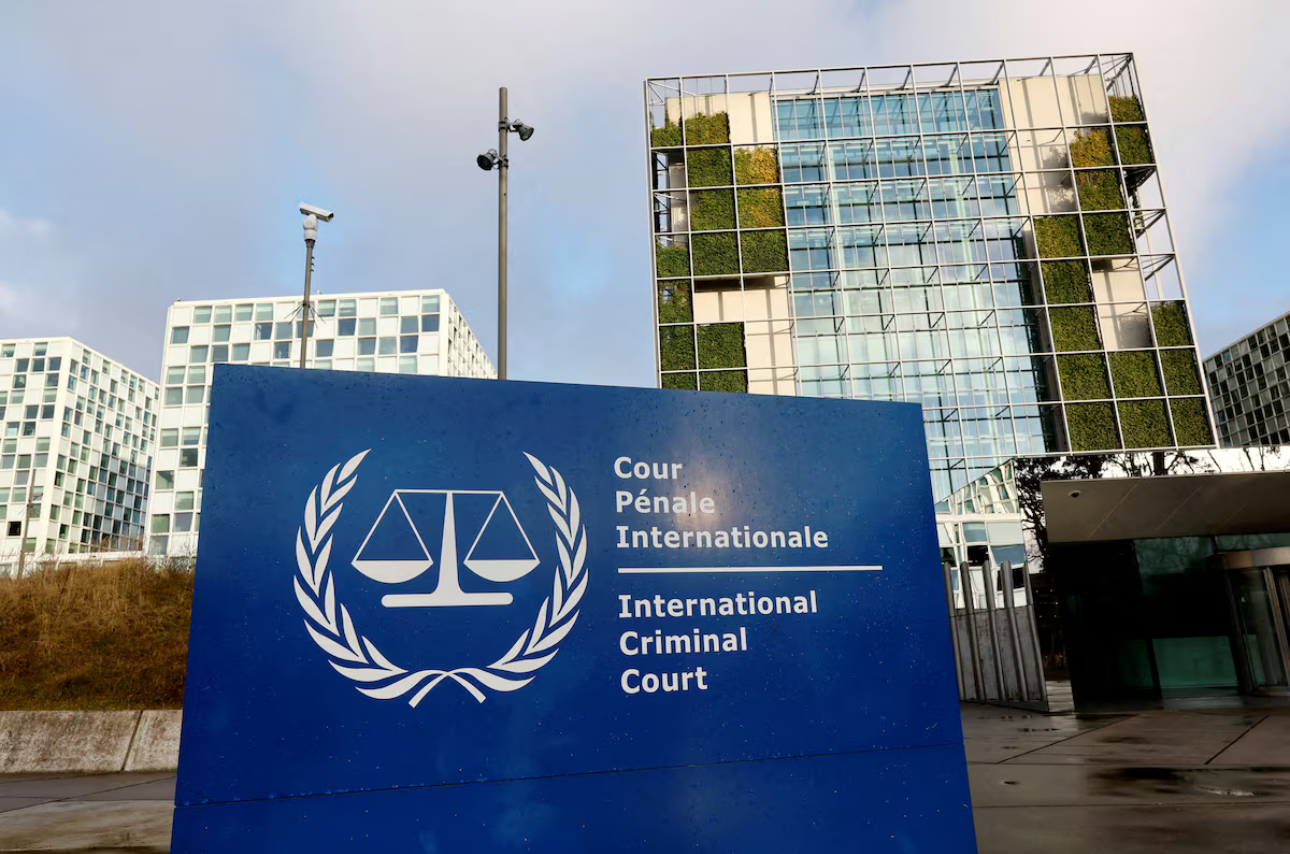The International Criminal Court (ICC) faces mounting political and legal pressure as it advances war crimes charges against Israeli Prime Minister Benjamin Netanyahu and former Defense Minister Yoav Gallant. In the lead-up to ICC Chief Prosecutor Karim Khan’s formal request for arrest warrants in May 2025, the Court encountered diplomatic lobbying, legislative threats, and direct warnings from individuals formerly affiliated with the institution.
This pressure has intensified amid broader developments, including the United States’ sanctions against UN Special Rapporteur Francesca Albanese following her reporting on human rights violations in the occupied Palestinian territories.
From ICC Prosecutor to Defense Counsel
One of the most scrutinized figures in Netanyahu’s defense team is Gregory Koffman, an American-Israeli lawyer who previously served both in the Israel Defense Forces (IDF) and the ICC’s Office of the Prosecutor (OTP). As Al Jazeera reported, Koffman’s direct communication with the Prosecutor raised alarm. According to the outlet, he warned Khan that seeking arrest warrants could result in the “destruction” of the ICC, drawing concern due to his past access to internal processes at the Court.
Koffman’s dual affiliation raises questions of potential conflict of interest. His prior role within the ICC gave him insider knowledge of prosecutorial strategies and Court procedures, while his military service aligns him with the state currently under investigation. Koffman’s legal team has also requested that the case be classified as confidential, citing national security risks for Israel. According to Human Rights Watch, the ICC generally applies confidentiality to protect victims or witnesses—not heads of state—making this request an unusual interpretation of procedural norms.
Legal Tactics and Political Pressure
The ICC investigation has triggered sharp political responses. In Washington, bipartisan legislation was introduced in 2025 targeting ICC officials, including visa restrictions, asset freezes, and sanctions that extend to family members of Court staff. Similar measures were previously used during the ICC’s Afghanistan investigation, and their reintroduction reflects an effort to deter proceedings involving U.S. allies.
On May 20, 2025, Khan formally submitted applications for arrest warrants against Netanyahu and Gallant, citing crimes against humanity like starvation of civilians and attacks on civilian infrastructure. He also requested warrants for senior Hamas leaders, stating that international law applies equally regardless of affiliation. Notably, several targeted Hamas leaders have already been killed by Israeli military operations, underscoring the ongoing complexities of enforcing ICC proceedings amid active conflict.
Judicial Review and Jurisdictional Procedure
A related procedural development occurred on July 16, 2025, when ICC judges denied Israel’s request to revoke sealed arrest warrants issued in November 2024. The Court held that jurisdictional challenges were still under review and that the warrants remained legally valid.
Under Article 19 of the Rome Statute, a state or accused party may challenge the Court’s jurisdiction, but such challenges do not automatically suspend active proceedings unless the Court so decides. In this case, the ICC has opted to proceed with its review of the May 2025 application while simultaneously considering Israel’s objections.
Jurisdictional Foundation and State Obligations
The ICC’s jurisdiction over this case is rooted in Palestine’s accession to the Rome Statute in January 2015. Despite not being universally recognized as a sovereign state, Palestine’s ratification of the Statute grants the Court jurisdiction over crimes committed in Gaza, the West Bank, and East Jerusalem, under Article 12(2)(a).
Although Israel and the United States are not ICC members, over 120 states belong to the Court. Under Article 89, those member states are legally obligated to arrest and surrender individuals subject to ICC warrants should they enter their territory. However, enforcement mechanisms remain politically sensitive, as seen in prior cases involving Sudan’s Omar al-Bashir and Russia’s Vladimir Putin, both of whom traveled to ICC member states without being apprehended.
The ICC has no independent enforcement body, relying instead on the cooperation of state parties. This limitation has led some legal scholars to argue that the Court’s strength lies in the symbolic and diplomatic consequences such as travel restrictions, reputational costs, and legal exposure in allied jurisdictions.
A Defining Test for International Law
As AP News noted, the ICC’s decision on this case is being watched globally as a test of its willingness to apply legal norms consistently, including against powerful, non-member states. Critics of the Court have long claimed that it disproportionately targets actors from the Global South. A decision to pursue prosecution against Israeli and Hamas leaders would represent a significant expansion of accountability efforts into politically charged territory.
The ICC’s handling of the situation will not only shape its credibility moving forward but also help define the evolving role of international criminal law in conflict zones, where geopolitical influence has often shielded state leaders from legal scrutiny.





